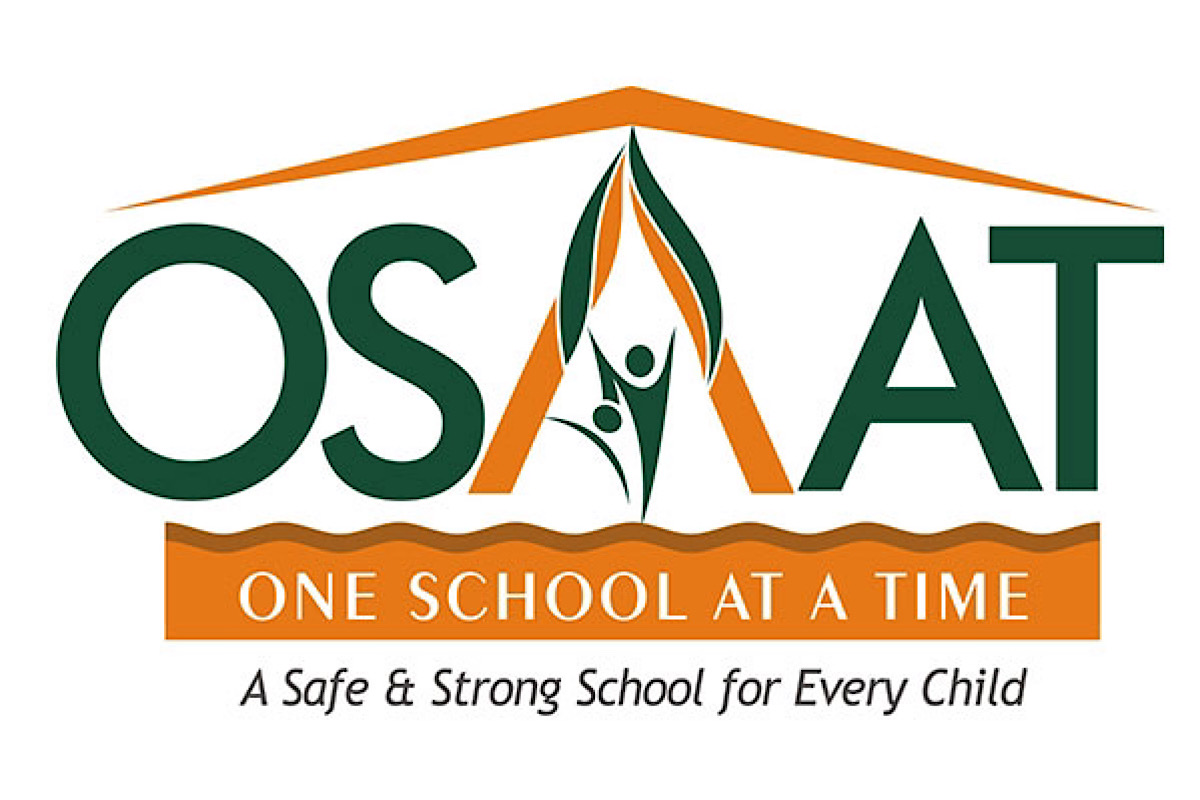India and China
The meeting between External Affairs Minister S. Jaishankar and Chinese Foreign Minister Wang Yi at the G-20 foreign ministers’
The India demographic dividend story is all about our unique opportunity to accelerate economic growth, reduce poverty, and improve the standard of living for its citizens.

Creating a sustainable digital infrastructure platform for India’s rural education (photo:ANI)
The India demographic dividend story is all about our unique opportunity to accelerate economic growth, reduce poverty, and improve the standard of living for its citizens. However, realizing this potential requires comprehensive and strategic planning to invest in human capital, enhance employability, and foster an environment conducive to entrepreneurship and economic growth. While contrasting a growing urban and suave India, in its metros, cities, and other boom towns, one cannot ignore the aspirations, potential of rural Bharath and its children. There are many with crumbling infrastructure, lack of adequate resources, access to toilets, clean kitchens, and classrooms. ‘Is digital infrastructure really a priority for rural schools?’ – is a natural question.
Since its inception in 2004, OSAAT® is a Pan India non-profit organization dedicated to the rebuilding and expansion of rural government schools (78 have already been rebuilt and expanded, while the 90th project was launched recently). A 100 percent volunteer-run organisation, OSAAT develops multilateral partnerships to achieve optimal results and long-lasting positive impact on rural schools. When the COVID19 pandemic made its rounds, OSAAT realised that good physical infrastructure, while necessary, was not sufficient to solve the issue of loss of learning. A creative solution had to be built around technology interventions from scratch. Taking an urban solution and throwing it into a rural environment was not practical. The solution had to be designed with due consideration to rural realities, to ensure that it was not a quick fix but well thought-out to include long-term, sustainable measures baked into the design.
Advertisement
Today, after three years of research, design, development, and deployment, ODiSI – OSAAT Digital School Infrastructure is implemented in over 50 rural schools, spread across four Taluks of rural Karnataka. With over 8000 students and 500 teachers benefitting from the program. The program provides a platform including hardware (Tabs for students, laptops for teachers, Smart TV for classrooms). Another important aspect is the teacher training workshops and refresher courses on how to apply technology to education and implementing mechanisms to monitor the system to address support and pedagogy issues. There is regular contact with each of the schools with automation tracking usage of the platform with cloud-based analytics providing transparency, accountability, and enabling reviews on a daily basis. OSAAT has signed multiple MoUs with The Government of Karnataka, the Department of Education in this regard. An oversight ensures officials at multiple levels are aware of the program and provide sufficient seriousness about implementation aspects.
Advertisement
As a non-profit organisation, OSAAT India is FCRA compliant and gets its funding from multiple, global donors. OSAAT is incorporated as a 501(c)(3) entity in the United States as well. In India, OSAAT Educational Charitable Trust has 80G and 12A approvals from the Government of India, for receiving donations with income tax exemptions. Multiple corporate entities of India such as Microsoft India, Deloitte Foundation, Nutanix, and Cloud Software Group (Citrix) have been contributing to ODiSI under their CSR grants. In addition, many other charitable organisations, foundations, and individuals like Vibha Foundation, M P Kumar (Founder of Global Edge Software Ltd), and B V Jagadeesh (Co-founder of FalconX, Managing Partner of KAAJ Ventures) have been actively supporting the program.
To run as an organisation, OSAAT has a team of volunteers from various professional streams including civil engineering, banking, military, civil services as well as Information technology. Some of them are retired professionals, others are working professionals. The organisation has leadership structures both in the United States and India, with a board of industry leaders mentoring and guiding its programs.
Recognition and rewards of performing teachers and schools are also part of the program. This is conducted along with administration and education department officials.
ODiSI also welcomes participation from corporates, alumni, and families to volunteer their time at their convenience. Such volunteers can help the program either in deployment or for administering baseline tests to rural students. In real-time, such volunteers can observe the outcome of the program as it happens and get different perspectives on rural education, provide life-career advice, and learn about the realities of India’s rural communities. Volunteers can also help curate content-library lessons, and assignments in dual language on various topics of Science, English, and Mathematics while working with education experts. The program is successfully running in Malur, Mulabagal, Bangarapete Taluks of Kolar, and Hunsur Taluk of Mysuru covering over 8000 students. It is now expanding to 10 to15 more schools with an additional 2000 students receiving benefits in the academic year 2023-2024, in Periyapatna Taluk of Mysuru.
Bridging the urban and rural gap for access to quality education, addressing the enthusiasm of rural students in embracing technology innovations, tools for learning – democratising access to education, and giving an equitable opportunity for them to be successful. This seems like a rather lofty vision and an unbelievable story. OSAAT is laying out the roadwork through ODiSI for making this real.
More information about OSAAT® can be found on its website https://osaat.org or by writing to info@osaat.org . Details about the digital program can be directly found at https://osaat.org/odisi
Follow OSAAT on LinkedIn,https://www.linkedin.com/company/osaat/
The article is written by Sudheer Hullemane, Program Director, ODiSI and Vadiraja Bhatt, Founder and Managing Trustee of OSAAT Educational Charitable Trust.
(Disclaimer: The above press release has been provided by Mediawire. ANI will not be responsible in any way for the content of the same)
Advertisement